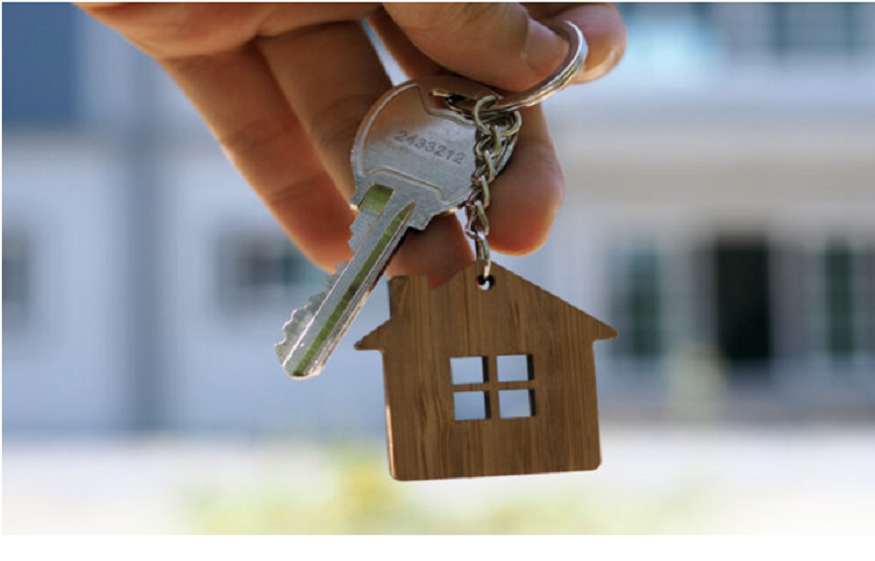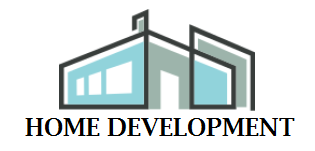It is a big decision that will affect your finances and lifestyle. Before you make the final decision, it is important to weigh all options.
This article will explore the pros and cons of owning a home and what you should consider when making a decision.
Pros* Long-term investment strategy
* Rent inflation at low interest rates
* Chance to create equity
* Federal tax benefits
* More privacy and freedom
* Spaces available for trade and hobby
Cons
* The market is the only reliable source of buying and selling
* Higher upfront costs
* Waiting for equity
* Upkeep costs
* Tie to the property
* There is a risk of losing your investment

The Benefits of Owning A House
Most people find the benefits of owning a home more appealing than the cons, as long as they can afford it.
Long-Term Investment Strategy
The value of houses is unlikely to decrease over time and the cost of homes will likely increase over time. According to the Federal Reserve Bank of St. Louis, the average home price in the United States has been on an upward trend and the value of the housing market is constantly increasing.
You are investing your money in a property, not helping the landlord or property manager. After all the work is done, you will have something to show your investment. Renting doesn’t offer that same benefit.
Low Interest Rates vs. Inclusive
Although a home loan does carry interest, they are lower than inflation. In unsuitable circumstances, interest on a home loan can rise to 7%. However, inflation continues to increase. When people renew their leases for 10% or more than the previous year’s rate, this is called “renewing your lease”. You can lock in a rate for your home and avoid inflation.
Building Equity
Equity is the difference between what your home can be sold for and what you owe. As you pay down your mortgage, equity increases and more of your monthly payments goes toward interest.
You can build equity for more than the price you sell your house for. It also helps you if you require a larger loan to purchase a home. You can use home equity loans to make large investments and provide you with more income or financial relief.
Federal Tax Benefits
You should also consider the tax benefits of buying a house. Renting is not typically a write-off. However, mortgage interest can be deducted up to $750,000 for the purchase of your home. Additionally, you can claim up to $5,000 in property taxes ($10,000 for married filings) and some closing costs at the time of your purchase.
You can only claim the amount that you are eligible for depending on your purchasing situation. It’s worth getting a breakdown of these numbers before making a purchase to fully understand the benefits.
Privacy and Freedom
Living in an apartment that is shared with someone else is one of the worst things about living there. Although there are laws protecting your rights as tenants, landlords can have final say in most cases. You’re restricted in the way you can personalize your space.
You have the freedom to do whatever you like with a home once you’ve purchased it. You can also fence your yard to house your children or pets, and paint your walls any color you like to improve your home’s comfort.
Hobby and Trade Space
A home can give you more space for hobbies and trades. Although you may not want to spend rent money on a garage or extra bedroom, it is cheaper and more feasible to purchase a home.
* Home office
*Home gym
* Library
* Craft room
* Studio
This will help you save money on membership fees and renting office space. A house can be a great benefit for people who want to start a hobby. After COVID, homeowners value hobbies and time with friends more than they do work. If it increases their happiness, they will be willing to spend more on these types of things.
The Cons of Owning A House
It is crucial to understand the pros and cons of owning a house in order to make an informed decision and determine if it is the right time.
Based on the Market
You can’t find the right time to purchase a house. The same applies to the sale. You might end up paying a lot more for a house than you would have if you had proper guidance. Working with professionals who are experienced in selling houses quickly and at a fair price is less likely.
Higher upfront costs
Closing costs typically amount to between 2 and 5 percent of the purchase price. This includes:
* Charges
* Property taxes
* Mortgage insurance
* Home inspection
* The first-year homeowner’s premium for insurance
* A title search
* Title insurance
* Prepaid interest on the mortgage
These costs are usually recouped within five years in most cases. It can be difficult to keep up with bills and expenses once you have settled in your home.
After falling behind in house payments, many people find themselves facing multiple mortgage payments. It is difficult to own a home due to the high upfront cost and ongoing expenses.
Equity
Equity is a great benefit to owning a house, but it takes time for equity to build up. You will not gain equity unless your home’s value increases.
This con can be offset by adding $20 to $50 each month to your principal, but it’s still a waiting game.
Maintenance Cost
The downside to owning a home? You have to manage and pay for it.
* Routine maintenance
* Emergency Repairs
* Property taxes
Although some maintenance and repairs can be done yourself, it’s best to leave most structural, electrical and plumbing work to professionals. You will pay more for this care.
Tied with the Property
Although buying a home can offer more stability, it also means that you have to think about more things before you move. You need to be more motivated to accept an offer and then figure out what you will do with the house.
When you are trying to rent or sell your home, it is important to consider the possibility of continuing costs. It is possible that you will have to manage both your home payments and another mortgage, rent, or mortgage.
Investment Risk
Buying a home can be risky. Although property values tend to increase over time, it is not guaranteed that they will rise when you sell. You may lose or your home might hold its value over time.
Although you’re in a better financial position than if you were renting, it’s still a bad situation.
This post was written by a professional at Greenbar Secure Storage. https://storageunitcentraloregon.com/ has a wide range of storage units available in Prineville, Oregon. They offer a variety, including ground-level access, security cameras, 24/7 accessibility, and parking spaces. Locally owned and operated, we are the best choice for convenient and clean storage solutions in the Prineville, Oregon region. All of our commercial storage clients accept deliveries from businesses.
